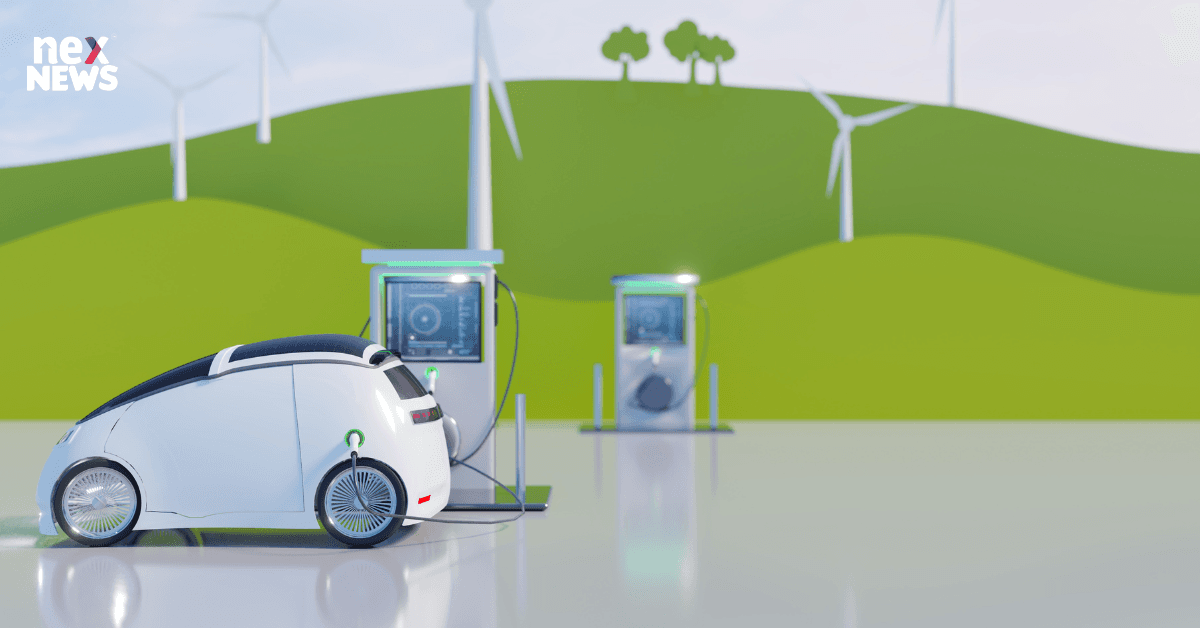Electric vehicles (EVs) have gained remarkable traction in recent years as the world seeks cleaner and more sustainable transportation alternatives. One of the driving forces behind the widespread adoption of EVs is the continuous evolution of battery technology. From extended range to faster charging times, breakthroughs in electric vehicle battery technology are reshaping the automotive industry and paving the way for a sustainable transportation future.
Introduction
The transition from conventional internal combustion engines to electric vehicles signifies a paradigm shift in the automotive industry. Central to this transformation is the remarkable progress in battery technology, which has brought forth innovations that address the primary concerns of EV adoption – range anxiety, charging infrastructure, and environmental impact.
The Evolution of Battery Technology
The journey of electric vehicle battery technology dates back to the early 19th century, with key milestones including the lead-acid battery, nickel-metal hydride battery, and ultimately, the game-changing lithium-ion battery.
Lithium-ion Batteries: The Game Changer
Lithium-ion batteries revolutionized the electric vehicle landscape by offering a higher energy density, longer life cycles, and reduced self-discharge rates. This breakthrough allowed electric cars to achieve practical driving ranges and accelerated the growth of the EV market.
Challenges and Limitations
Despite their advantages, lithium-ion batteries face challenges such as thermal runaway risks, dependence on rare earth elements, and limited charging infrastructure. Addressing these limitations has led researchers to explore alternative solutions.
Solid-State Batteries: A Quantum Leap Forward
Solid-state batteries represent a quantum leap in battery technology. By replacing the liquid electrolyte with a solid material, these batteries promise higher energy densities, faster charging times, enhanced safety, and longer lifespans. However, commercialization remains a challenge.
Ultra-Fast Charging and Range Extension
The race to develop ultra-fast charging technologies is on. Researchers are striving to create batteries that can be charged in a matter of minutes, similar to refueling a traditional car. Additionally, innovations in materials and design are extending the driving range of EVs, reducing the need for frequent recharging.
Environmental Impact and Sustainability
While EVs are heralded for their zero tailpipe emissions, battery production and disposal raise concerns about their overall environmental impact. Manufacturers are working to improve the sustainability of battery materials, recycling processes, and reducing carbon footprints.
Government Initiatives and Investment
Governments around the world are recognizing the importance of electric vehicles in combating climate change. Substantial investments are being made to advance battery technology, establish charging infrastructure, and offer incentives for EV adoption.
Competitive Landscape
The EV market has attracted both established automakers and new entrants. Companies are investing heavily in research and development to gain a competitive edge in battery technology, resulting in continuous innovation and product differentiation.
The Road Ahead: Future Prospects
The future of electric vehicle battery technology holds exciting prospects. From silicon-anode batteries to wireless charging, advancements continue to reshape the industry. As batteries become more efficient, affordable, and sustainable, the EV revolution will gather even more momentum.
Conclusion
The power revolution brought about by breakthroughs in electric vehicle battery technology is transforming the automotive landscape. The journey from early lead-acid batteries to the cutting-edge solid-state technology is marked by innovation, challenges, and global collaboration. As governments, manufacturers, and consumers unite in the pursuit of sustainable transportation, the road ahead looks promising.


POST A COMMENT (0)
All Comments (0)
Replies (0)